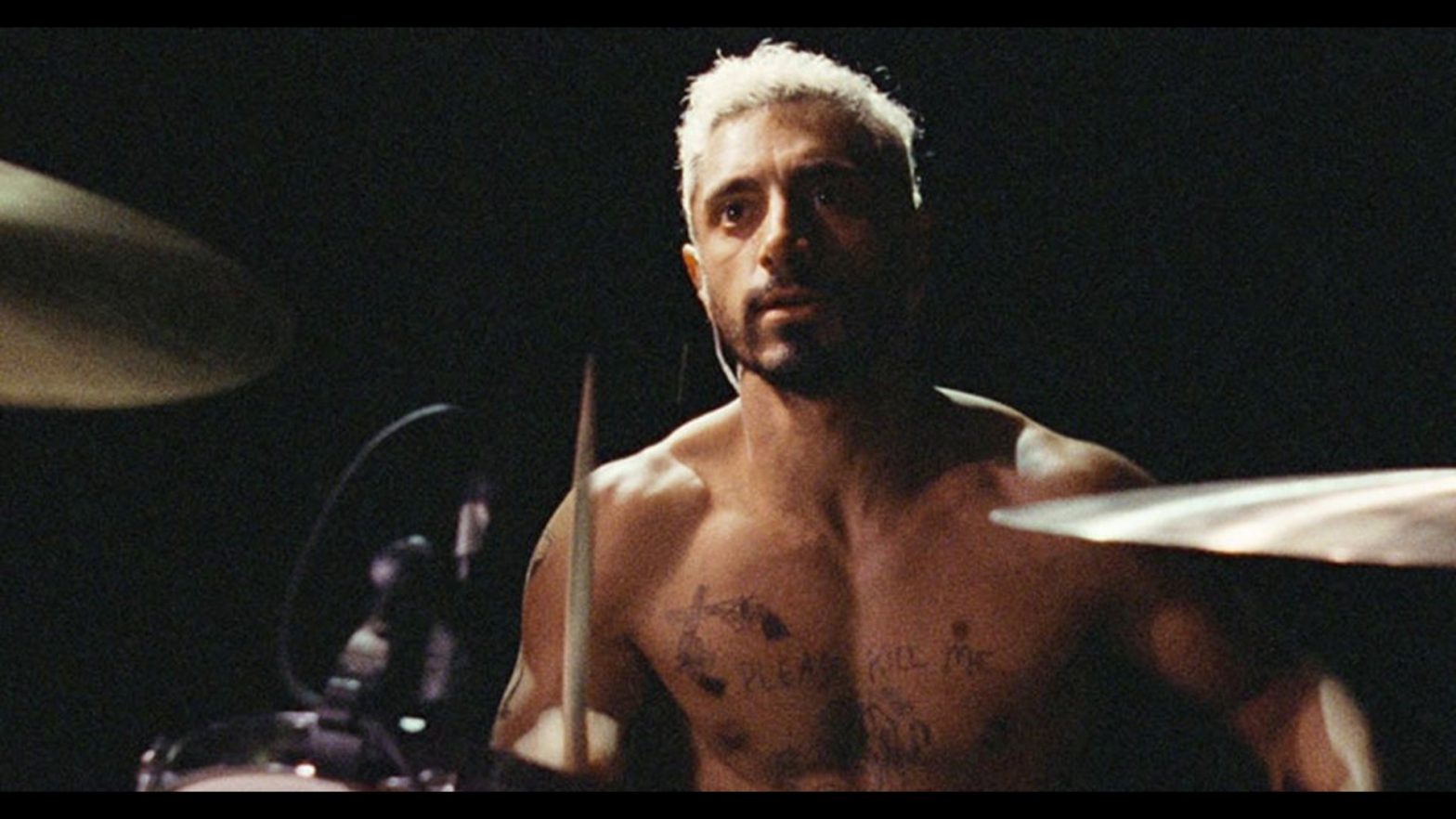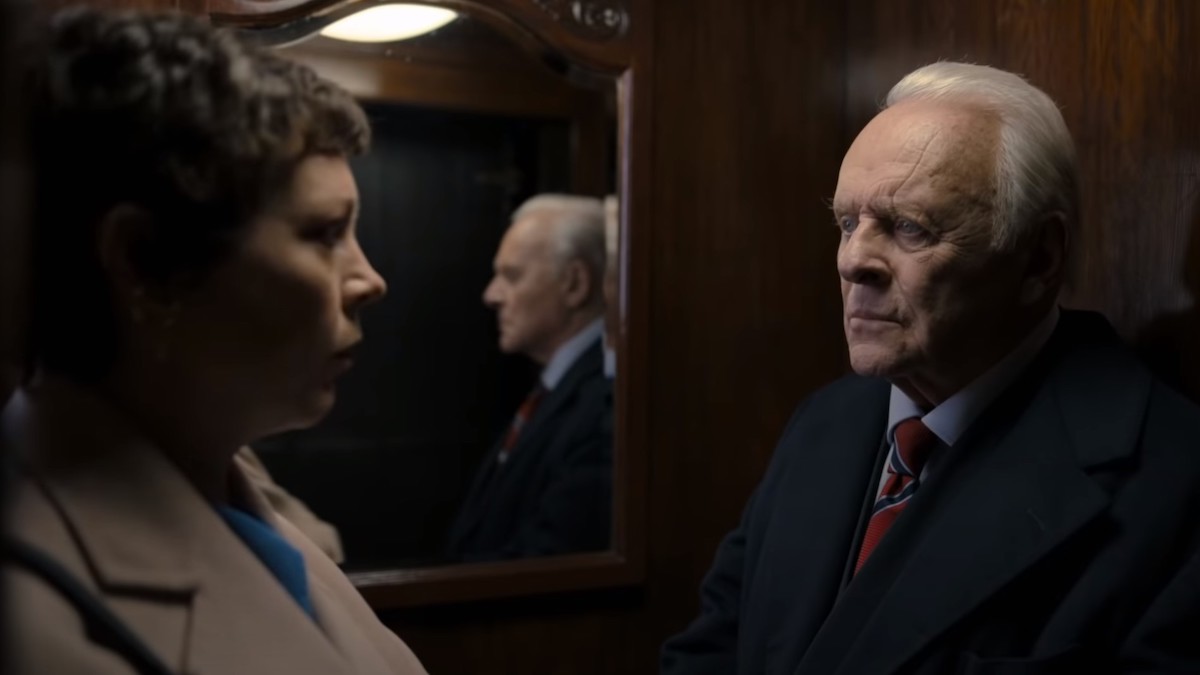This year continues to be anything but typical, and yet the march to the 93rd annual Academy Awards ceremony, moved to April 25, feels familiar. While far fewer films played in theaters over the past 12 months, we still have many cinematic achievements to celebrate, and a must-see movie list is a welcome distraction from the doldrums of late winter.
This time around, the Academy of Motion Picture Arts and Sciences selected eight films for best-picture consideration. In the 1930s and ’40s, eight to 12 films were nominated for what was then called the outstanding film of the year. The most nominations was in 1934 with 12 choices in a year that saw the release of It Happened One Night, Cleopatra, The Thin Man, and Imitation of Life. The possible nominees list was honed down to five in 1944, and it stayed that way for 65 years.
In 2009, the Oscars’ governing body increased the number of possible best-picture nominations from five to 10. That begs the question: Why aren’t 10 films nominated each year?
While sweeping historical films are always considered best picture Oscar fodder, this year the smaller personal dramas have a strong showing. Two of these, The Father and Nomadland, share a few similarities—a minimal number of speaking parts, and each film takes on aging in different ways.
The Father portrays a man coping with dementia, and both lead actor Anthony Hopkins and supporting actress Olivia Colman are nominated for their performances in the unsettling film. Frances McDormand is nominated for her starring role in Nomadland. In terms of setting and atmosphere, the films could not be more different. The Father is claustrophobic by design, and Nomadland is without walls, literally.
A third film with nominations for leading actress and best picture is Promising Young Woman. This one takes an unflinching look at misogyny and rape culture, but with a Lisa Frank color palette, and wit so sharp it could cut a man. It is a scathing disassembly of the good guy trope, and easily the most controversial film among the nominations. Director Emerald Fennell is also up for an award, making her and Nomadland director Chloé Zhao only the sixth and seventh women to be put forward as best director in the history of the Academy Awards.
Judas and the Black Messiah and The Trial of the Chicago 7 are historical dramas, and both stories, set in late 1960s Chicago, capture the palpable tension of the time. While Trial features an ensemble cast of men portraying the true events during the trial for anti-Vietnam War activists during the 1968 Democratic National Convention, Judas follows the betrayal of Black Panthers leader Fred Hampton.
Sound of Metal is a crushing film starring Riz Ahmed as a punk-metal drummer who suddenly loses his hearing. Incredible performances and immersive sound design help bring the audience closer to the drummer’s struggles. Supporting actor Paul Raci was also nominated, and is considered to be the odds-on favorite.
Though not intended as a palate cleanser, Minari sort of functions as one in this field. The charming film about a young Korean family in pursuit of the American dream is not without traumas—the family struggles with just about everything, but their perseverance and the film’s gorgeous cinematography combine to instill hope.
Perhaps the most classically “Oscar” film on this year’s list is David Fincher’s Mank. Not only does it star previous Oscar winner Gary Oldman, the movie itself is about the making of the Oscar-winning Citizen Kane. Oldman is Herman J. Mankiewicz, the screenwriter for Kane, who struggles with meeting his deadline, pleasing Orson Welles, and combatting alcoholism. It may be a self-indulgent exercise to make a movie about making a movie, but this is a brilliant film that gives us insight into the politics of Tinseltown and its players during the golden age of cinema.
The Academy Awards are, of course, self-indulgent, self-congratulatory, and navel-gazing. But, for better or worse, the awards determine who in Hollywood gets money, power, and attention for their next project. Art and film can nudge national and global cultural trends, putting award winners in a position to guide that conversation, and it’s in this role that the Academy Awards are not purely frivolous.

